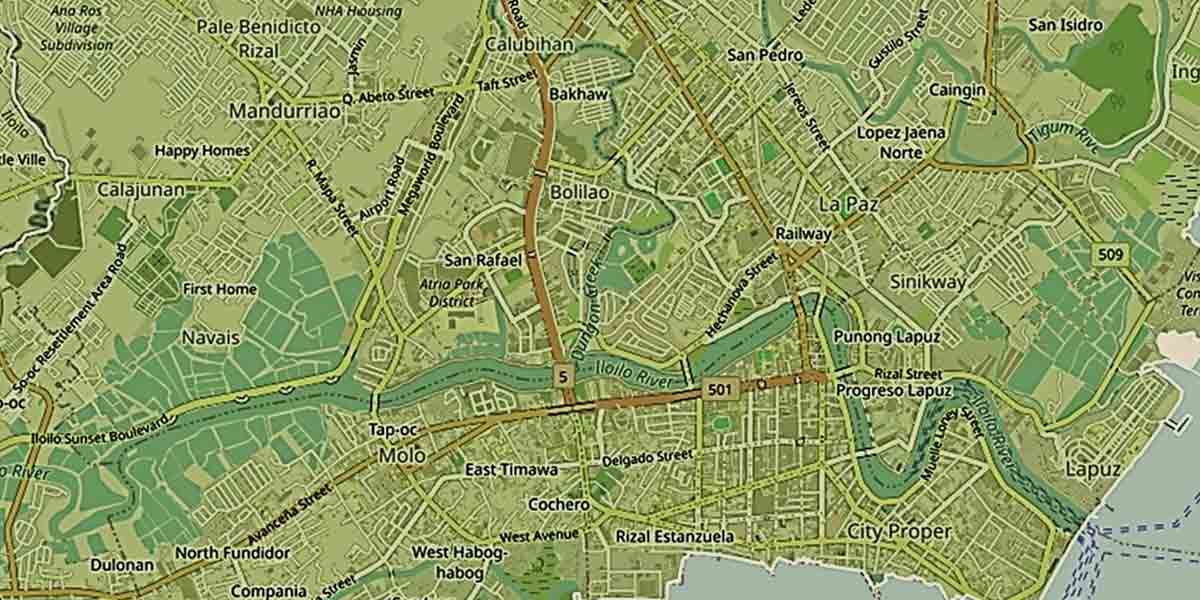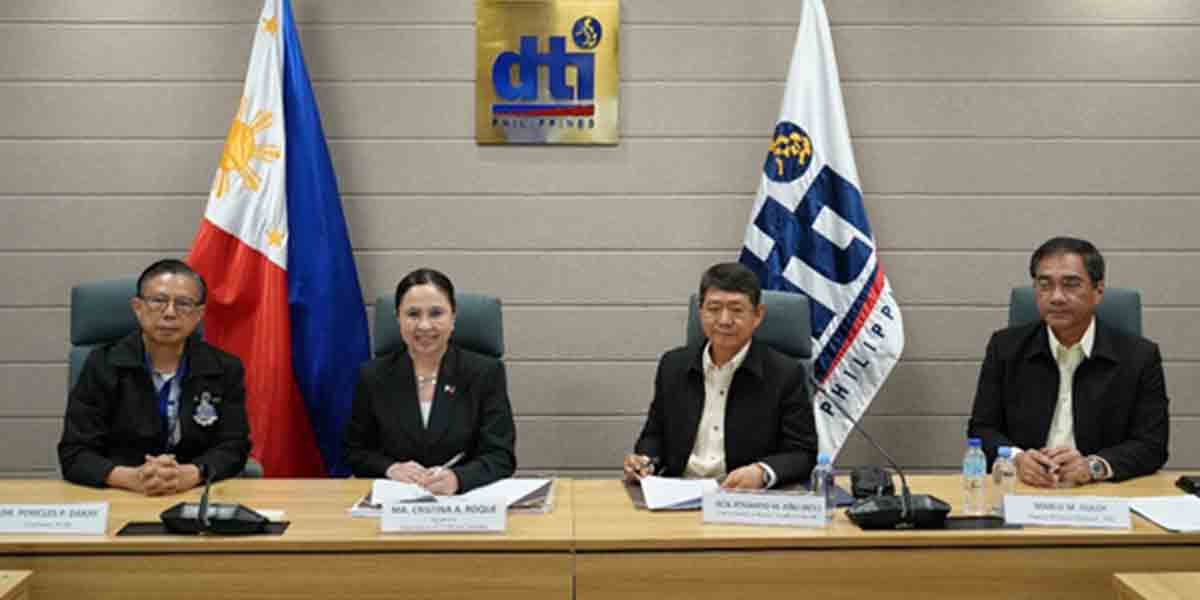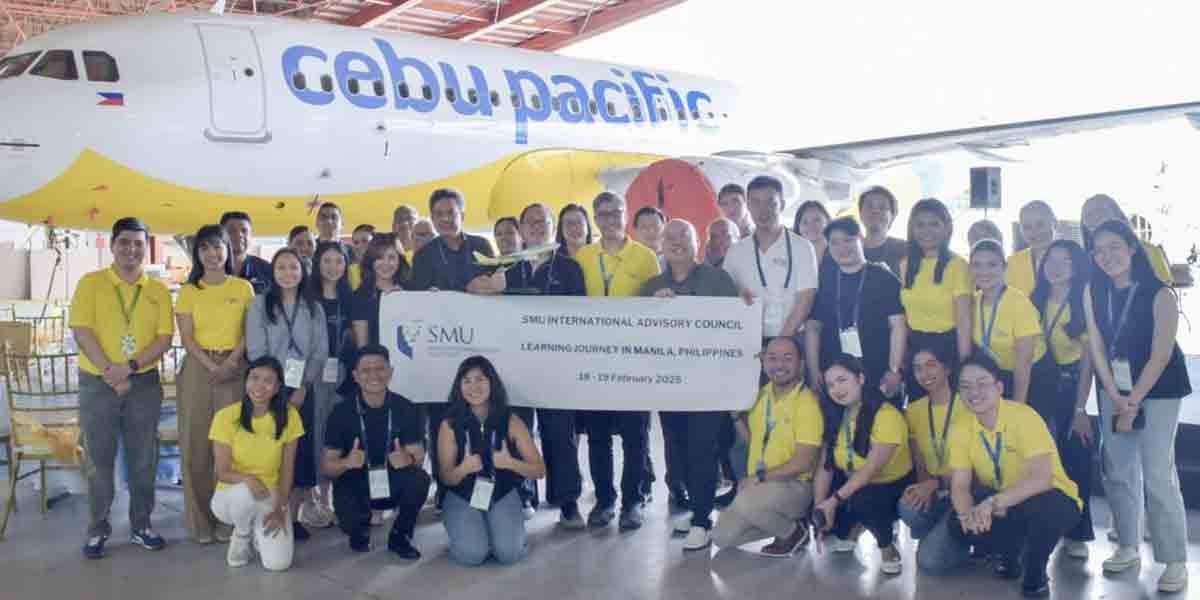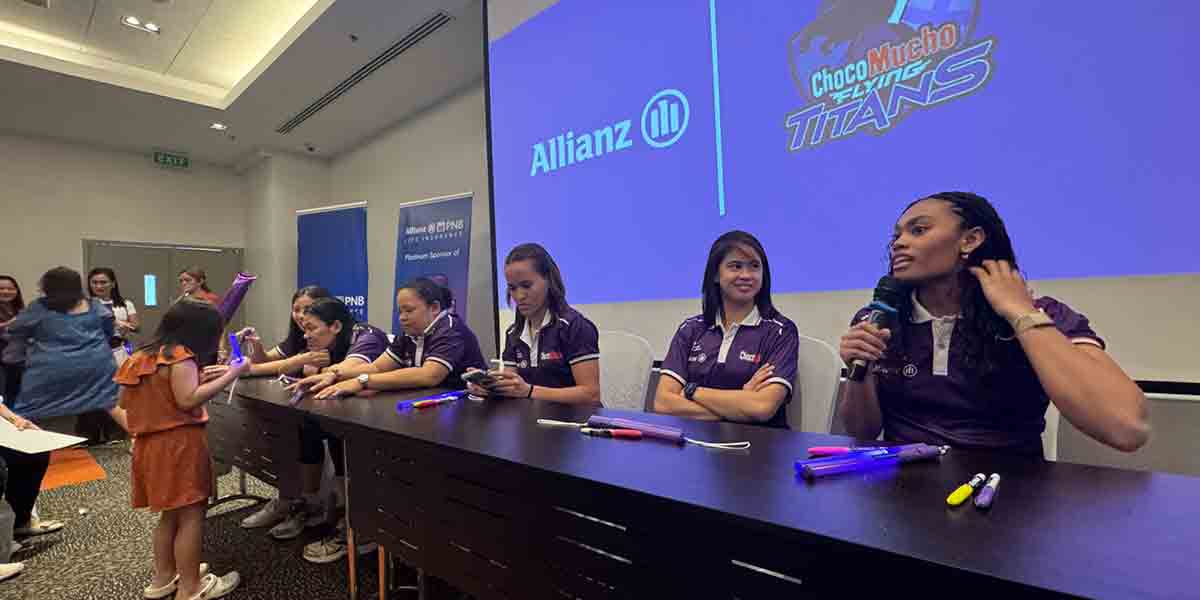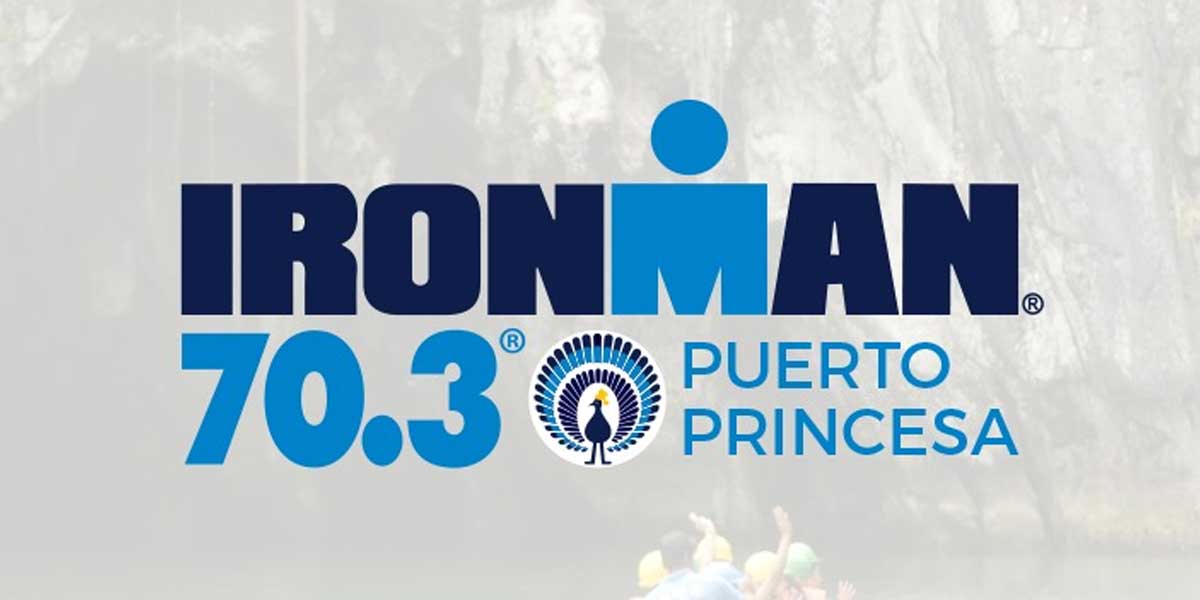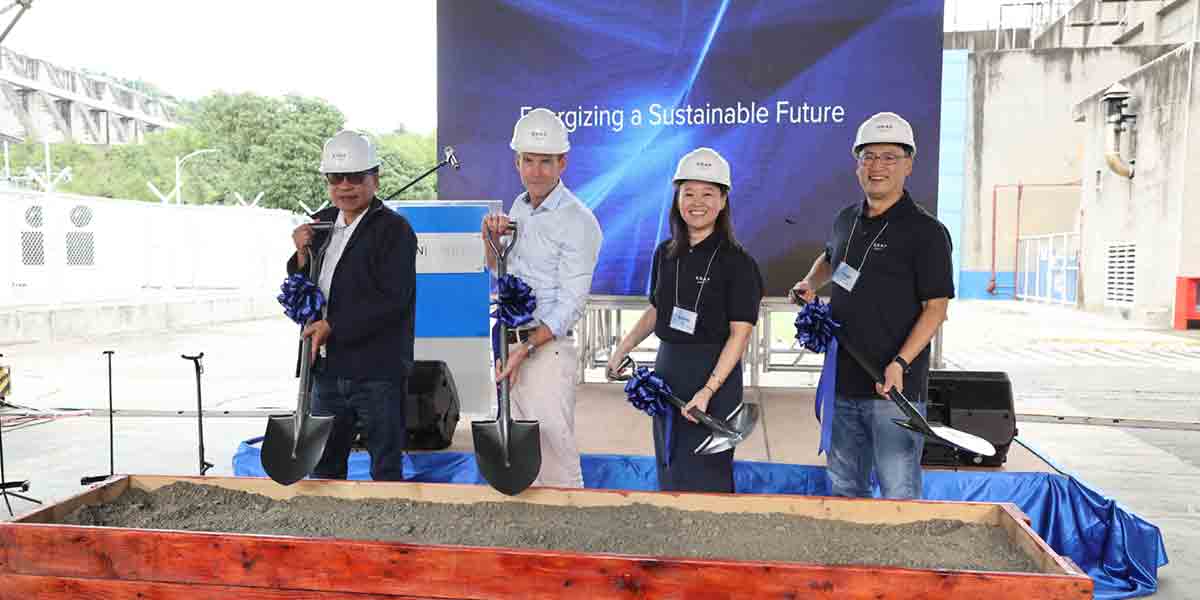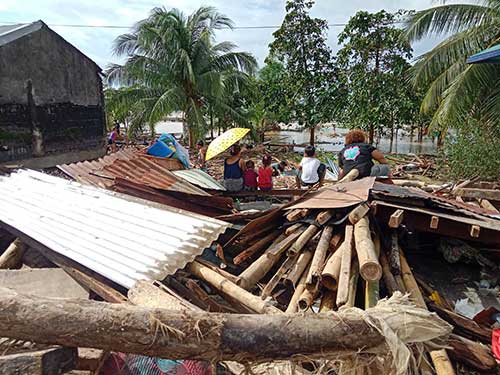
Tropical Storm ‘Kristine’ (international name: Trami) has unleashed widespread devastation across 17 regions in the Philippines, affecting approximately 7 million people, displacing over 761,000 and causing 145 fatalities.
With women and girls often disproportionately affected in crises, ‘Kristine’ adds to a relentless series of climate-induced disasters in Southeast Asia countries, following Typhoon Yagi just a month ago.
This devastation deepens vulnerabilities and drives more families toward desperate coping strategies.
“Life was already hard before the storm hit, and now it’s even worse,” said Rodelyn Tabor, a pregnant woman from Jaro, Iloilo City. “We have no food because my husband hasn’t worked for days due to the rains.”
The powerful winds tore off the roof of her family’s home, leaving her, her husband, and their three children exposed to the elements.
“Our team, mostly volunteers, have been braving flooded communities to reach those who need help the most. We saw how some women and children were left hungry and relying on whatever food they could find to survive”, shared Aubrey Versoza, the Executive Director of Tarabang para sa Bicol (TABI), CARE’s partner in Bicol, one of the hardest hit regions.
TABI started a community kitchen providing hot meals to affected communities in Albay, Camarines Sur, and Sorsogon.
“Typhoons are not new to the Philippines, but this year has been particularly severe due to the compounded threats of the climate crisis,” said Reiza S. Dejito, CARE Philippines Country Director.
“El Niño, Typhoon Gaemi, Yagi, and now Trami – it’s a cascade of crises. For women and girls, each storm means intensified risks of gender-based violence, exploitation, and displacement, while families can barely make ends meet. We are prioritizing aid for farming and fishing communities in Calabarzon, Western Visayas and the Bicol regions, where families are facing immense challenges in sourcing food and recovering their livelihoods.”
With another storm, Kong-Rey, approaching, Dejito emphasized, “CARE Philippines stands with the impacted communities, especially women and children. We’re committed to providing immediate relief and supporting long-term resilience. But the scale of this disaster means we cannot do it alone. We call on partners, donors, and supporters to join us in helping these families rebuilding their lives.”
These recent storms highlight a worsening climate crisis in Southeast Asia. Typhoon Yagi affected multiple countries last month, including the Philippines, Vietnam, Thailand, and Myanmar. Now, Tropical Storm Trami has compounded the region’s vulnerability.
As world leaders are gathering at the 29th Conference of Parties (COP29) in Baku, Azerbaijan, CARE is calling on parties to commit to an ambitious, fit-for-purpose, and responsive climate finance goal that integrates a gender approach to protect the most vulnerable.


